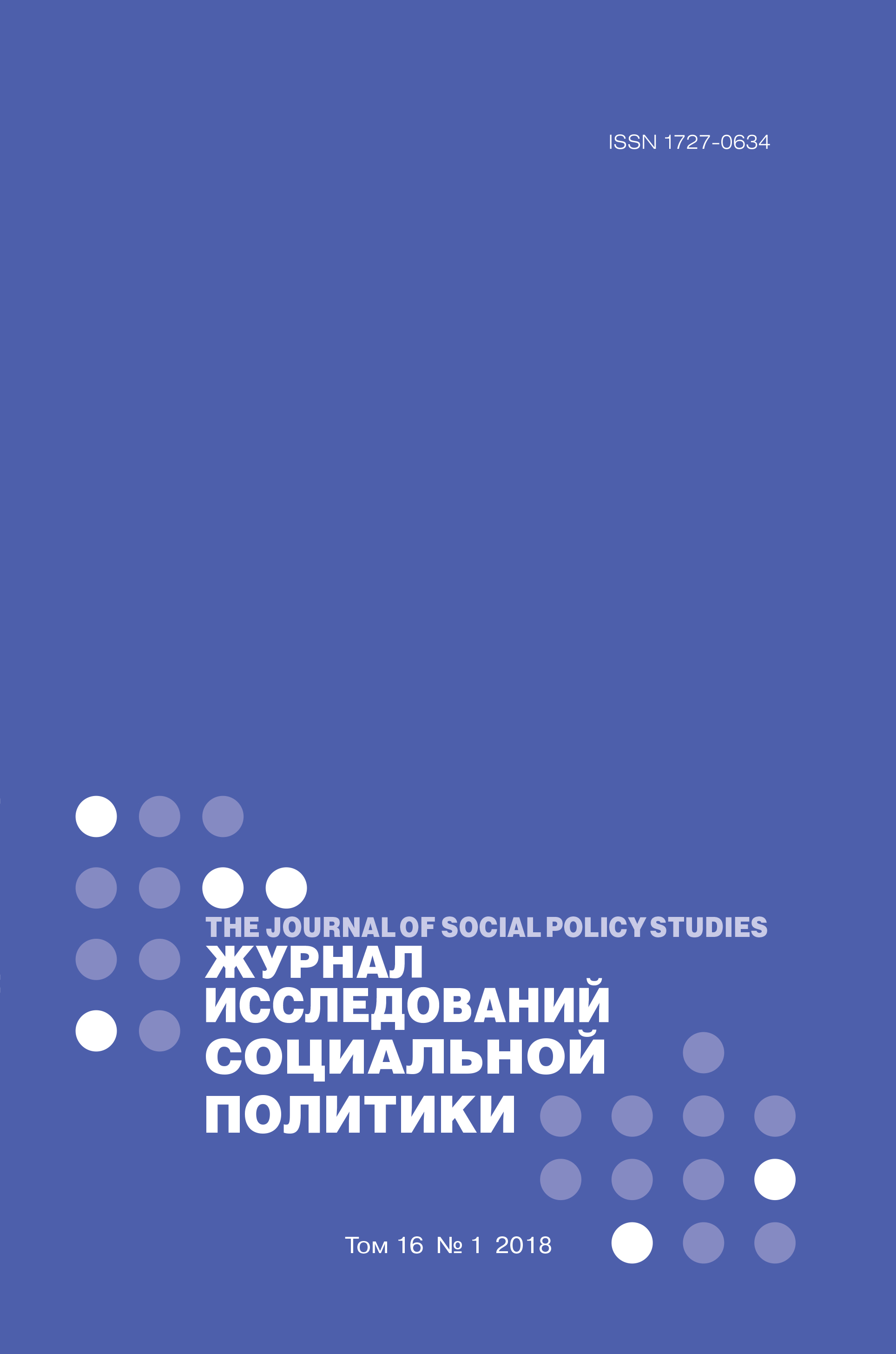The Infantilization of the Elderly in Everyday Interaction: Problem Statement
Abstract
Anastasia V. Miklyaeva – Dr. (Psychological), Associate Professor, Professor of the Chair 'Human psychology', Herzen State Pedagogical University of Russia, Saint-Petersburg, Russian Federation. Email: a.miklyaeva@gmail.com
The transformation of relations to the elderly and the spread of an ideology of productive aging are factors that impede viewing old age as an active and productive part of life. Infantilization can be understood as an interaction model based on negative gerontostereotypes that tends to treat the elderly as if they were children. Gerontostereotypes contain the notion that the elderly lose many opportunities, becomes 'like a child', furthering the infantilization of old people as a normative phenomenon. This article presents findings about the infantilization of elderly people in daily interaction. 118 elderly people aged 64–81 year took part in the study. Data was collected with the modified method of Dembo-Rubinshtein, using structured interviews and following content analysis. The findings show the prevalence of infantilizing relations towards the elderly. Respondents reported the effects of infantilization in family interaction. The basis of this is a regulatory infantilism associated with the inability to make independent decisions, to carry out productive activities and be responsible for their consequences. Infantilization is characteristic of old people with restricted social activity: those not working, not having a spouse and living with their children and grandchildren. Infantilizing relations towards the elderly has a negative impact on their psychological well-being. However, despite the negative impact of infantilization, old people quite often tend to regard them as justified. We formulate the hypothesis that the prevalence of infantilizing relations in the family sphere is an effect of the medical discourse on old age and ageing in Russian society (in contrast to the discourse on 'successful aging'). Also, we draw conclusions on the 'double standard of aging'. We conclude that the discussion of the negative consequences of infantilization may be the first step in overcoming this phenomenon, thus bringing about the assimilation of the idea of productive aging as part of the social conception of old age.















